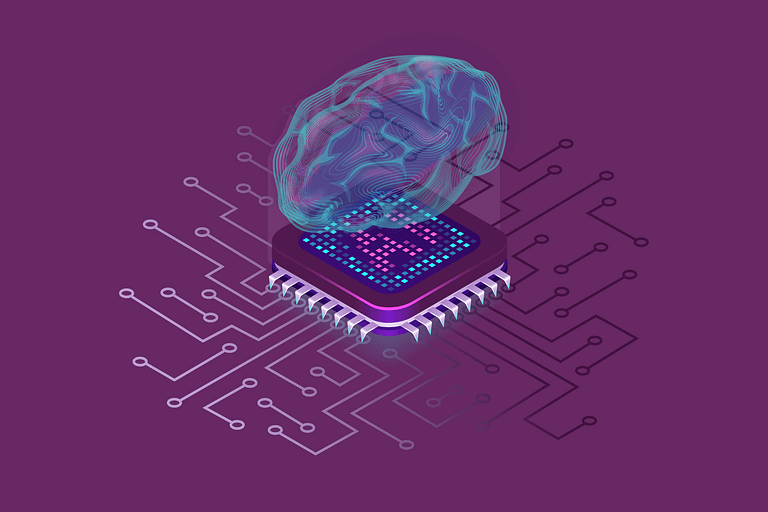
Digital World Class® HR: Bridging the Performance Gap With Gen AI
In this episode of the Business Excelleration® Podcast, host Tony DiRomualdo talks with Jessica Haley and Amanda Newfield about how HR organizations can achieve operational excellence while reducing costs. They also share insights from The Hackett Group’s latest Digital World Class® research, including how leading teams are transforming data into actionable insights and the impact of Gen AI on disrupting the HR industry.
Welcome to The Hackett Group’s “Business Excelleration® Podcast,” where week after week we hear from experts on how to avoid obstacles, manage detours and celebrate milestones on the journey to world-class performance. This episode is hosted by Tony DiRomualdo, senior research director at The Hackett Group. He is joined by Jessica Haley, principal, Global HR Advisory practice, and Amanda Newfield, associate principal, Global HR Advisory practice at The Hackett Group.
To begin, Jessica discusses the key drivers making Digital World Class® performance essential for human resources (HR) organizations. Jessica highlights the impact of inflation and a tough market, which exacerbate internal budget constraints and create challenges for HR functions. As organizations enter budget season, difficult conversations are anticipated regarding the resources and personnel needed to meet HR objectives. The ongoing shortage of skilled workers adds another layer of complexity, complicating HR’s ability to fill open positions.
Then, Amanda elaborates on what constitutes Digital World Class® performance at Hackett. While many organizations focus on cost reduction and operational efficiency, Digital World Class® organizations differentiate themselves by driving business value alongside cost-efficiency. They prioritize employee engagement and ensure they have the necessary skills within their workforce to achieve business objectives. Organizations with at least one Digital World Class® function tend to enjoy superior financial performance metrics, including higher net margins and total shareholder returns. HR departments classified as Digital World Class® operate at 32% lower costs, while employing 39% fewer HR full-time equivalents.
Tony shares insights based on extensive research, encouraging HR organizations to adopt sound practices that can elevate their performance, regardless of their current status. He outlines four key strategies: implementing an integrated organizational model, developing talent that can add business value, utilizing data-driven insights for better decision-making and enhancing digitally enabled delivery. An integrated organizational model involves clear roles among HR business partners, HR operations, and centers of excellence, promoting efficiency and employee self-service capabilities. As an example, Jessica provides an illustrative example of a health care organization’s successful application of generative artificial intelligence (Gen AI) in talent acquisition.
Amanda addresses how organizations at the onset of their digital transformation journeys can apply the discussed strategies. Not every organization aims to be Digital World Class® but should focus on understanding their current position and pursuing improvement within their context. The Hackett Group offers benchmarking and assessments to help organizations identify gaps and tailor best practices to fit their unique needs. While best practices provide a valuable framework, they must be adapted to align with individual organizational circumstances.
A comprehensive road map allows HR to function as a cohesive unit rather than in silos, driving value across the organization. Furthermore, HR must evaluate its technological infrastructure, which plays a crucial role in enabling the modern experiences expected by employees. Organizations are increasingly partnering with advisors to assess and improve their tech infrastructure, ensuring it supports their strategic objectives. A key example of technology’s role in HR is its use in strategic workforce planning – a process that heavily relies on data collection and analysis. In closing, it is recommended that HR professionals upskill in areas like business acumen, data storytelling and relationship management.
Time stamps:
1:05 – The external forces impacting HR today.
2:31 – Understanding Digital World Class® metrics.
4:50 – Strategies for HR to achieve Digital World Class® status.
10:50 – Jessica shares a case study of Digital World Class® implementation.
14:50 – Beginning the digital transformation journey.
18:03 – Strategic road maps and technology enablement.



